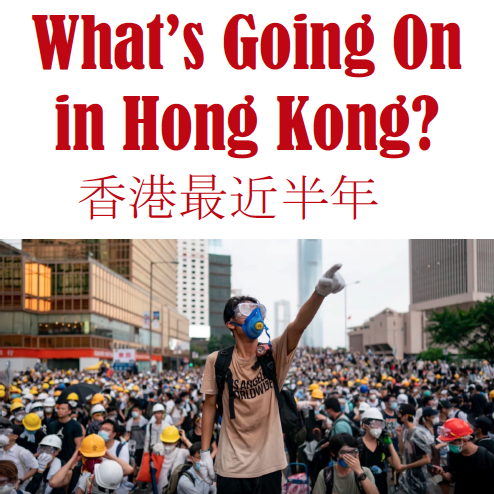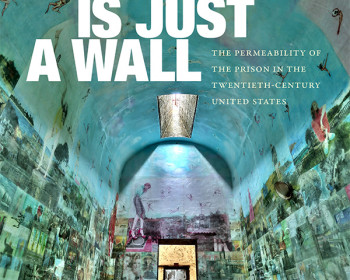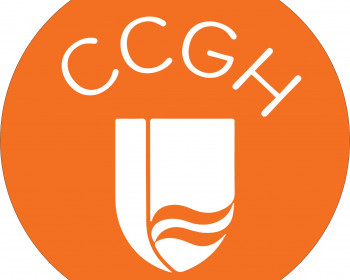“Hey What’s This?” History Now Panel Series
By Gwen O’Connor
Open gallery

There is a nervous anticipation in the crowded auditorium in the moments before the Hong Kong panel opens up for the Q&A session. Looking out over the crowd from my seat in the back of the room, I catch the eye of students and community members as they look around waiting to see who will break the ice and begin asking questions about the protests in Hong Kong. That is when I realize I am sitting one seat away from Wim Wiewel, president of Lewis & Clark College.
We have just spent the last 45 minutes learning about Hong Kong’s history. First, history professor David Campion lectured on how British foreign policy in China shaped Hong Kong as a distinct cultural region, and previous protests in the city. Next, history professor Susan Glosser provided a historical perspective on the People’s Republic of China, and why the government has reacted this way. Finally, sophomore Tiona Wu ’22, a Hong Kong native, talked about what had triggered the recent protests and gave her thoughts on all that was happening.
This panel, and its subsequent Q&A, was the second in a new series of interdisciplinary events hosted by the History Department this year. The series, History Now, has attempted to provide new perspectives on current events: Brexit, the Hong Kong protests, and the Bolivian coup, so far. When asked what inspired these History Now panels, Professor Campion explained that the department hoped for “the chance to talk to students outside the classroom and have the opportunity to follow their interests.” He noted how wonderful it was to have the greater Portland community attending these events as well.
When asked what panels to expect moving into the Spring of 2020, he couldn’t quite say. Historians are rarely in the business of predicting the future, but he did say we can expect to see an increased representation of other academic departments on campus. The Brexit panel featured a member of the English department, and the majority of the Latin American panel comprised faculty from the Hispanic Studies and SOAN departments. Additionally, Campion commented that he believed these events were important because “the roots of modern day problems go much deeper than we are aware of today.” Many things that feel like bizzare firsts, he says “are only happening to us for the first time.”
By Gwen O’Connor, ’20
History is located in Miller Center on the Undergraduate Campus.
MSC: 41
email history@lclark.edu
voice 503-768-7405
fax 503-768-7418
Chair Reiko Hillyer
Administrative Coordinator Amy Baskin
History
Lewis & Clark
615 S. Palatine Hill Road MSC 41
Portland OR 97219

